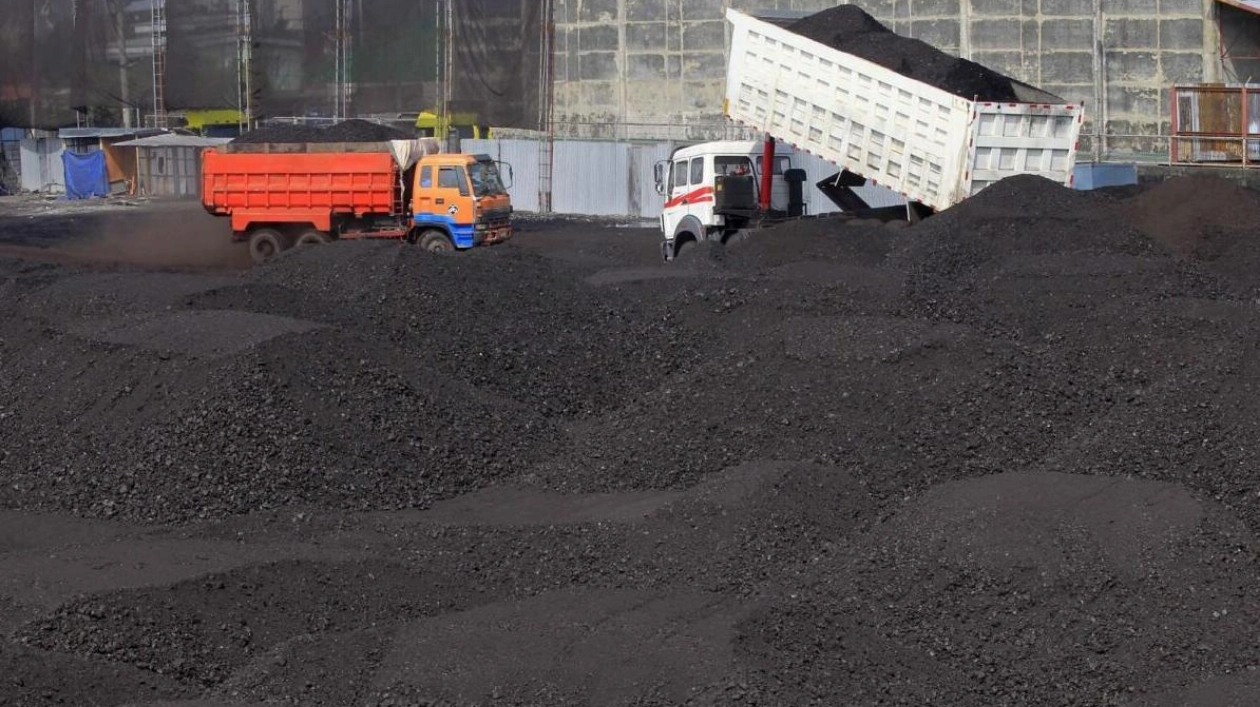According to data from the energy think tank Ember, the Philippines has overtaken Indonesia and China to become one of the world's top ten economies most reliant on coal-fired power, highlighting the difficulties it faces in achieving its green energy objectives. The country's reliance on coal for electricity generation has increased for the fifteenth consecutive year in 2023, despite a goal to reduce its dependence on the fuel to less than half of total power output by 2030.
Kosovo had the highest dependence on coal in 2023, with 88.21% of its power derived from this polluting source, according to Ember's data. Mongolia, South Africa, India, Kazakhstan, and the Philippines followed, with the Philippines ranking 7th. Coal represented 61.92% of all electricity generated in the Philippines in 2023, up from 59.07% in 2022, marking the largest increase in coal dependence since 2016.
The Philippines aims to double its solar capacity and triple its wind capacity by 2030 from current levels, focusing on the rapid development of offshore wind farms. Although the Philippines surpassed Indonesia, which ranked 8th, in terms of coal's share in power generation, coal remains Indonesia's favored fuel. China dropped out of the top 10 in 2023 due to a faster adoption of renewables, which reduced the share of coal in its electricity generation, but it still holds the title of the largest generator of coal-fired power, with India in second place.
Ember noted that both Indonesia and the Philippines are behind other ASEAN countries in deploying wind and solar energy, citing the high costs involved in boosting renewable capacity. Indonesia has become the world's fifth largest generator of coal-fired power, with its output growing at an average rate of 7.1% over eight years, surpassing South Korea for the first time. This rise included overtaking Australia in 2018, Germany in 2019, Russia in 2020, and South Africa in 2022, according to Ember.






